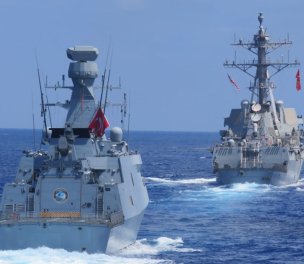Photo: AA
Click to read the article in Turkish
Turkey is in favor of negotiations for a fair share of resources in the Eastern Mediterranean, Minister of Foreign Affairs Mevlüt Çavuşoğlu has said.
Addressing a joint news conference with his Algerian counterpart Sabri Boukadoum in the capital Ankara, Çavuşoğlu said "If armaments on the Meis island exceed limits determined by agreements, Greece will be the loser."
Reports recently emerged claiming that Greece was building up its military deployments on the island of Meis, or Kastellorizo, off Turkey's southwest coast.
In July, after Athens objected to Ankara's seismic survey in an area south of Meis island, German diplomatic efforts helped defuse tensions between Turkey and Greece.
But after Greece's move to sign a maritime delimitation agreement with Egypt on August 7, Turkey has resumed its activities.
Ankara accuses Greece of pursuing" maximalist policies" in the Eastern Mediterranean.
Developments in Libya
On recent developments in Libya, Çavuşoğlu stressed that the developments in the war-torn North African country also affected its western neighbor, Algeria.
He said Turkey and Algeria would together support the political process and establishment of the cease-fire in Libya.
"The only solution to the crisis in Libya is political resolution. We've been saying this from the very beginning. We made huge efforts for the truce. We've always discussed these issues with Algeria," he added.
"With the failed cease-fire attempts, we've seen once again that [Khalifa] Haftar does not believe in a political solution and a cease-fire, but only wants a military solution."
On August 21, Libya announced a cease-fire and ordered the military to stop all combat operations, specifying that the areas of Sirte and al-Jufra must be demilitarized, and calling for elections next March.
Maritime border claims of Turkey and GreeceTurkey signed a maritime border agreeement with Libya's Governmenf of National Accord (GNA) on November 27, 2019. Greece and Egypt signed a simillar agreement on August 7. |
Latest developments in the Eastern MediterraneanOn July 28, Turkey announced after Germany's diplomatic efforts that it suspended hydrocarbon exploration activities, in the Eastern Mediterranean, which had been underway since early 2019, and stated that it was ready to talk with Greece. On August 6, Greece and Egypt signed a maritime border agreement. On August 10, Turkey announced that its drillship Oruç Reis would resume energy exploration in the Eastern Mediterranean. It said the ship will continue its work along with the ships Cengiz Han and Ataman until August 23. On August 14, the EU foreign miniters discussed the crisis at an extraordinary meeting, calling on Turkey to end hydrocarbon exploration activities in contested waters. On August 16, Turkey issued a Navtex, announcing that its drill ship Yavuz will continue its work exploring for energy resources off the island of Cyprus. On August 23, Turkey issued another Navtex, stating that the Oruç Reis vessel would continue its activities until August 27. On August 24, Greece held joint naval drills with the US in the south of Crete island. One day later, Turkey conducted naval exercises with Italy. On August 25, Germany's Minister of Foreign Affairs Heiko Maas visited Athens and Ankara to encourage the two countires to have direct talks. On the same day, Turkey held replenishment exercises with Italy in the Eastern Mediterranean. On August 26, US President Donald Trump had phone talks with President Recep Tayyip Erdoğan and Prime Minister of Greece Kyriakos Mitsotakis, urging them to reduce tensions and start dialogue. On the same day, Turkey and the US conducted joint maritime exercises. On August 27 and 28, EU foreign ministers met with the Eastern Mediterranean crisis on the top of their agenda. The Union's foreign polict head Josep Borrell said after the meeting that Turkey's ships might be sanctioned if they continued hydrocarbon activities. Turkey's Ministry of National Defense on August 28 announced that it intercepted six F-16 fighters planes of Greece, which it said were closing in on the area where Turkey issued a Navtex. |
(HA/VK)




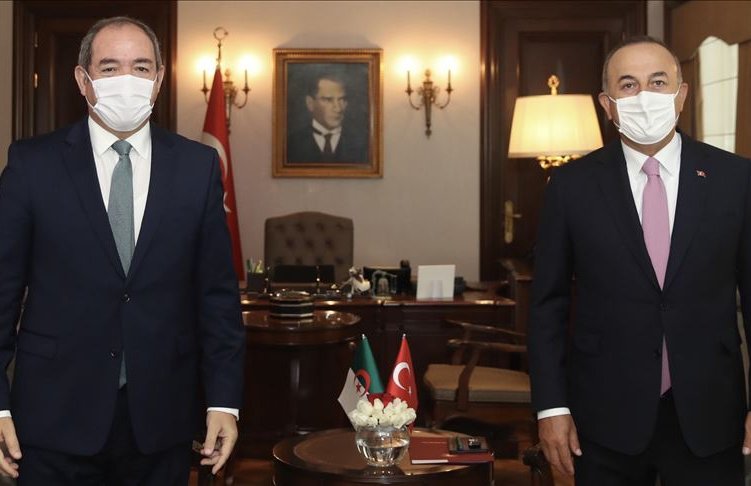

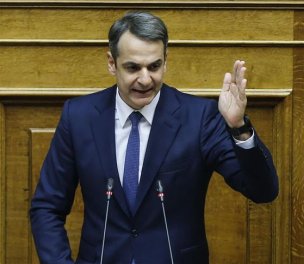
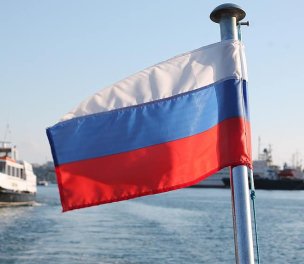
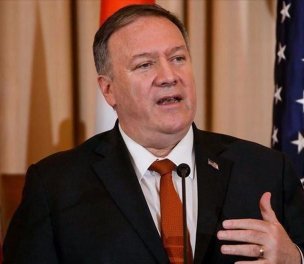
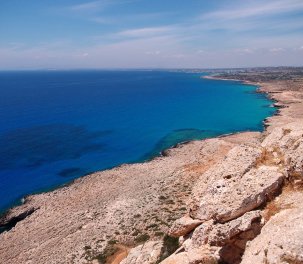
sa.jpg)
